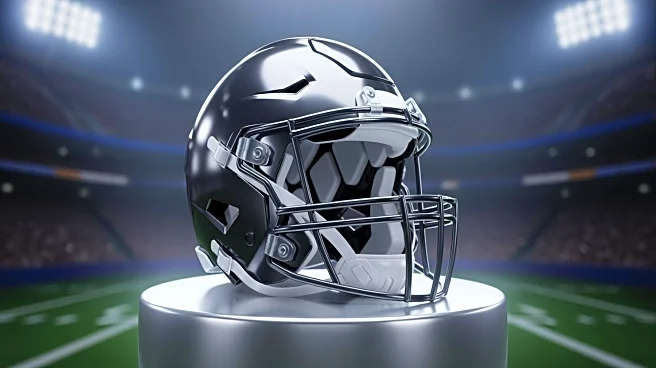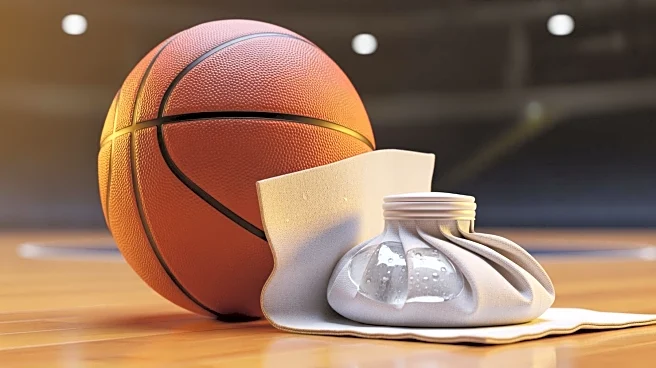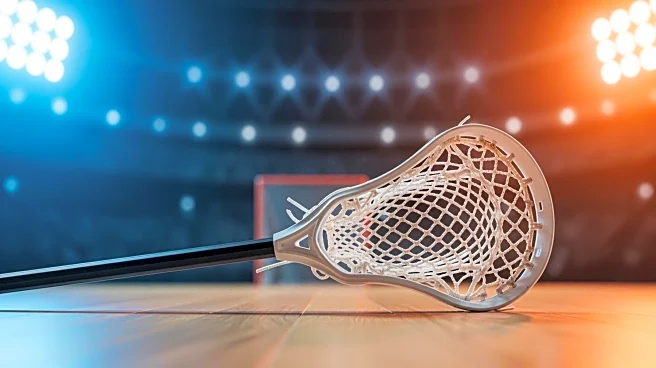What's Happening?
USC's football team executed a controversial fake punt during their recent game against Northwestern, which has sparked significant discussion in the college football community. The play involved a strategic number change for Sam Huard, the third-string
quarterback, who was listed as wearing the same number as the punter, Sam Johnson. This tactic was not immediately noticed by the press or the opposing team, leading to a successful fake punt that contributed to USC's 38-17 victory. The Big Ten conference has referenced NCAA rules regarding unfair tactics, but no penalties were issued during the game. USC's coach, Lincoln Riley, defended the move, stating it was within the rules, although it has drawn criticism for being unsportsmanlike.
Why It's Important?
This incident highlights the ongoing debate over sportsmanship and strategic manipulation of rules in college football. While the play was technically legal, it raises questions about the ethical boundaries of game strategies. The controversy could influence future rule interpretations and enforcement in college sports. For USC, the play demonstrates their willingness to push the limits for competitive advantage, which could impact their reputation and relationships within the conference. The broader implications may affect how teams prepare for games, emphasizing the need for meticulous attention to detail in roster management and game-day strategies.
What's Next?
The Big Ten conference may review the incident further to determine if any rule changes or clarifications are necessary to prevent similar situations in the future. USC's upcoming games will be closely watched to see if they employ similar tactics, and how opponents might adjust their strategies in response. The incident could also prompt discussions among NCAA officials about potential rule amendments to address such strategic manipulations.
Beyond the Headlines
This event underscores the complex interplay between strategy and sportsmanship in competitive sports. It raises ethical questions about the lengths teams will go to secure a win and the potential need for clearer guidelines to maintain fair play. The situation also reflects the evolving nature of college football, where innovative strategies can blur the lines between clever play and unsportsmanlike conduct.
















